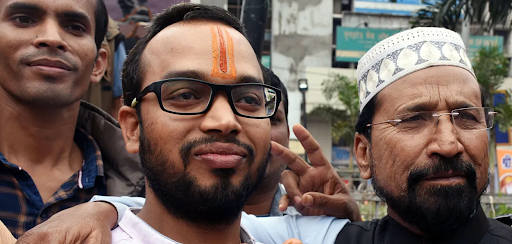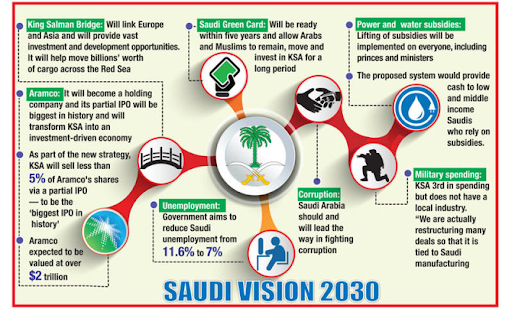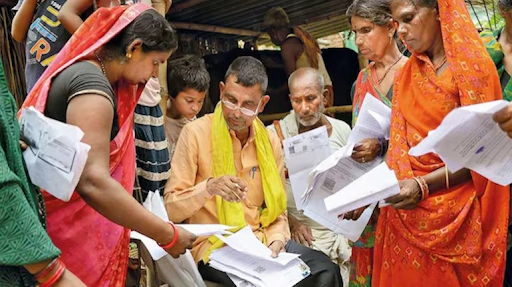



Over 1,200 Islamic scholars endorsed the 2019 Mecca Charter, promoting a moderate Islam. It rejects extremism, condemns terrorism, supports women’s empowerment, environmental protection, and national loyalty, reinforcing India’s secular, pluralistic values and fostering communal harmony and national integration.

Copyright infringement not intended
Picture Courtesy: AWAZTHEVOICE
Mecca Charter promotes moderate Islam, tolerance, and coexistence. Its principles align with India's constitutional values, which could enhance communal harmony.
In 2019, over 1,200 Islamic scholars from 139 countries assembled in Makkah under the Muslim World League (MWL) to endorse the Makkah Charter.
This document condemned extremism, promoted religious and cultural diversity, and called for legislation against hate and violence.
Saudi Arabia hosted the conference to promote moderate Islamic thought, positioning itself as a global leader and aligning with Vision 2030’s goal of a tolerant nation.

Universal Human Dignity
The Charter affirms that all people stand equal, regardless of their religion, race, or nationality. It completely rejects racial or ethnic claims of superiority.
Comprehensive Citizenship
It establishes the legitimacy of modern nation-states and encourages Muslims to be loyal, law-abiding citizens of their respective countries. This directly counters the extremist goal of an international, borderless caliphate.
Rejection of Extremism
The Charter condemns all forms of violence and terrorism. It rejects takfir, the practice where one Muslim faction declares another non-believer (kafir) to justify violence.
Women’s Empowerment
The document stresses that societies must not marginalize women's roles or impede their opportunities in religious, academic, political, or social affairs, advocating for equality of dignity and opportunity.
Environmental Stewardship
It calls for global cooperation to protect the environment and urges countries to sign international climate treaties to safeguard the planet for future generations.
The Mecca Charter operates as a diplomatic tool and a renewed moral compass. Its lasting impact depends entirely on the collective will to prioritize its message of global partnership and peace over historical sectarianism.
Source: AWAZTHEVOICE
|
PRACTICE QUESTION Q. The Mecca Charter, frequently seen in the news, is a document focused on: A) Islamic economic law and trade agreements. B) A new universal code of Islamic law (Sharia). C) Promoting principles of moderate Islam, coexistence, and tolerance. D) The rules and rituals for the annual Hajj pilgrimage. Answer: C Explanation: The charter's core purpose is to address contemporary challenges by reaffirming universal moral principles of Islam, such as justice, tolerance, and human dignity, and promoting coexistence in pluralistic societies. |
The Mecca Charter is a document created in 2019 that promotes the principles of moderate Islam, coexistence, and tolerance. It was endorsed by over 1,200 prominent Islamic scholars and thinkers from around the world.
The primary purpose is to address contemporary challenges faced by Muslims and to provide a framework based on universal moral principles central to Islam, such as justice, human dignity, and tolerance.
Western secularism, as seen in countries like the USA, implies a strict "wall of separation" where the state and religion do not interfere in each other's affairs. Indian secularism maintains a flexible and principled distance, allowing the state to intervene in religious matters to prevent social injustice or uphold constitutional values like equality.



© 2026 iasgyan. All right reserved